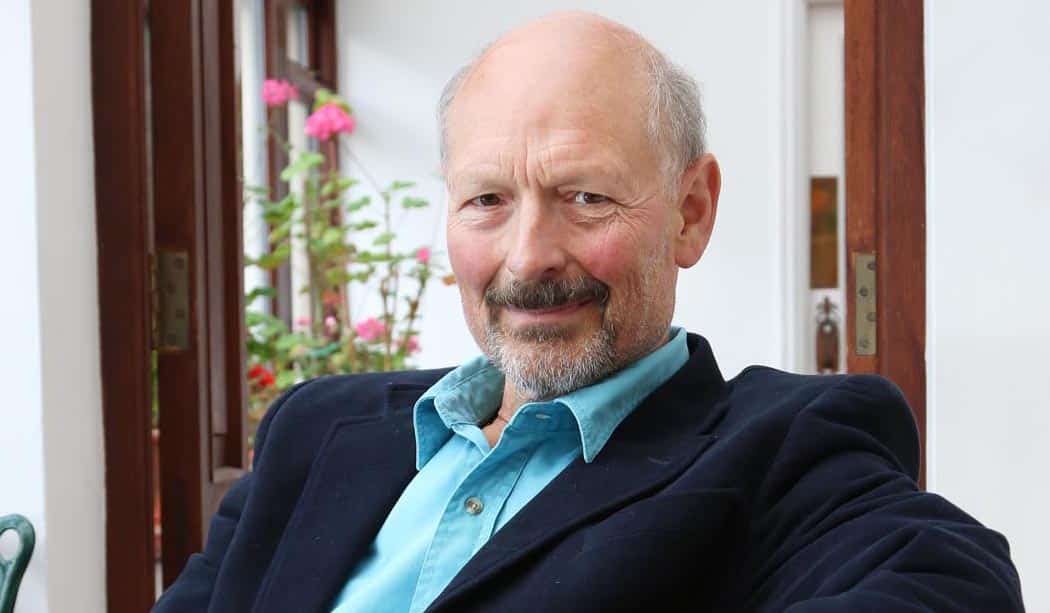
11 Jun If Suicide Is The Answer, Then What Is The Question?
Published in The Independent 29.11.2011
By Psychotherapist Phillip Hodson
Although suicide is no longer a crime – if you failed in England and Wales before 1961 you could end up in prison – it remains a puzzle utterly disturbing to those left behind. Never more so than when the person appears to have everything to live for. Or when the end arrives without warning as was the case with Welsh football legend Gary Speed who sadly died last Sunday.
“He was as bubbly as I’ve known him”, said BBC1 TV presenter Dan Morgan interviewing Speed earlier in the day. “He was talking about his kids, how they were really coming on, and talking about playing golf next week. Even small things like how he’d just got into Twitter. It’s awful to think someone who was so gifted and so well liked with the rest of his life to look forward to has been cruelly removed. He was in such a good mood about the show and said he’d love to come back before Christmas”.
Logic suggests that people who behave like this are either subject to catastrophic mood swings or have the ability of long-term sleeper spies to lead a double life. If the former, you’d expect to see some sort of advance indication of turmoil. If the latter, you’d want a posthumous explanation. Alas, there are often neither – as I sometimes have to explain to bereaved families.
Our current thinking about the mind remains alarmingly simple. In this era of all-conquering neuro-science, we point to a bit of the brain that appears to be scan-connected to another and then think we can explain it. The world of cognitive therapy has little time for the “hidden” self. But what if the mind is not its conscious contents?
How else to understand the idea of “masked depression” in a teenager who is the life and soul of the family party while secretly self-harming? Or the sportsman who is jolly on the box at noon and loses his life by nightfall?
My experience of talking to people in distress is that they tell others – even their closest – only a proportion of what bothers them while being simultaneously unaware of ALL that bothers them! We should recall that it’s difficult to know a mind that does not know itself.
This is specially relevant when it comes to depression in men. Suicide is the leading cause of death among males under the age of 35 throughout Britain. Although we know that preponderant factors include matters which society might mitigate – such as poverty and untended mental illness in the community – there remains the problem of failed expectations of the self.
While on the surface a man may appear to be a worldly success, beneath this carapace of certainty he may feel like a loser, worry about his continuing ability to earn or even assume the signs of ageing are the symptoms of a fatal illness. He could encounter all the problems he’s been avoiding since some major emotional crisis in the past. More than likely, he mistakenly feels unable to share any of these difficulties with his family. At this point, the drastic options may become more beguiling.
In one respect, male depression seems inherently different from female. Broadly speaking, if you ask a woman whether she’s depressed or not she will probably tell you – whereas most men will say they’re fine because admitting to emotional weakness is against our codes. So whereas women have one problem – men can make two; the problem itself, and the fact that there are no remedies we will access.
Perhaps this is why women are twice as likely as men to be diagnosed with depression but men are threetimes more likely to kill themselves. I suggest that if the national depression statistics for men included the consequences of excessive stress, drinking and drug abuse as well as male workaholism and road rage they might be better balanced.
(Of course anyone may have to stop being depressed for a moment to find the energy to commit such an “aggressive” act as suicide – but it would torture language to say it’s a sign of a balanced mind to kill yourself while loved, in good health with a young family to care for).
For surviving relatives, there will be complications of grief – not just “Why is he dead?” but “How could he do this to us?” Worst still if it happened in public – you lose even the defence of privacy. Unlimited guilt and anger compete. But these are the facts. You had no warning. You did nothing proportionate to cause the death (even if there had been angry words). You couldn’t stop it on the day in question. It made sense for a moment to the person you lost. But they were fallible, and they got it wrong.



No Comments